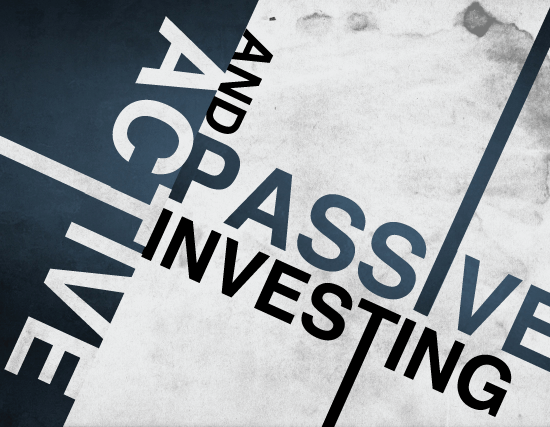Legendary investor Peter Lynch, whose investment management skills helped attract billions of dollars into the Fidelity Magellan Fund from 1977 until 1990, once famously advised small investors, “Buy what you know.” The concept was simple: if you buy what you understand, you are less likely to be led astray. While it sounds pretty easy, there are some serious flaws with the “Buy what you know” investment strategy.
According to Blackrock’s Russ Koesterich, while the Lynch saying sounds reasonable, it can lead some to create a portfolio heavily concentrated in local companies. Koesterich notes, “The fact that a company is headquartered in my hometown probably doesn’t make me any better qualified to judge its investment prospects.”
Even if you were trying hard not to be local, buying what you know may lead to rough results. For example, if you were an average consumer/investor looking to assemble companies that are familiar to you, these are some of the stocks you might choose and their year to date performance through July 25th:
Amazon.com (-18.8%), AT&T (+1.1%), Bank of America (+0.1%), Bed Bath & Beyond (-22.1%), eBay (-3.8%), Facebook (+37.6%) General Motors (-14.2%), LinkedIn (-18.2%), Staples (-30.8%), Wal-Mart (-3.5%). Sure over the long term, these companies are likely to do fine, but while you are spinning your wheels trying to “buy what you know”, you could have simply purchased an S&P 500 index fund, which during the same time horizon, was up 7 percent.
Buying what you know may have worked for a couple of individual companies (think of those early Apple users or those who stumbled into a store like Home Depot in the mid-1980’s), but trying to identify a dozen or so stocks in different industries to create a diversified portfolio is very difficult to achieve. Individual stock picking isn’t hard just for retail investors; even pros that oversee managed mutual funds have a tough time consistently beating the index against which they are compared.
S&P Dow Jones Indices issued a research report, which found that not many managed funds were able to consistently reach the top quartile of performance over five successive years. In fact, just 0.7 percent of the funds can stay above the fray for five years.
The good news is that investors are finally embracing the simplicity and strength of index funds, as they realize that it is very difficult to beat the index after factoring in costs and fees. According to the Financial Times, the world’s largest active fund managers, Lynch’s beloved Fidelity Investments and Capital Group, which operates American Funds, are losing out to index funds. “Figures compiled for the Financial Times by Morningstar show that investors withdrew a net $3.5 billion from Fidelity’s US funds in the six months to the end of June, while Capital Group’s American Funds managed inflows of less than $600 million. That compared to $64 billion flowing into Vanguard.”
This is not to say that investors will avoid making mistakes if they use index funds. According to the St. Louis Federal Reserve Bank, the average equity mutual fund investor, whether in a managed fund or an index fund, “tends to buy when past returns are high and sell otherwise. This is called return-chasing behavior.” There is a steep cost to this behavior: it costs the average U.S. mutual fund investor to “miss around 2 percent return per year, which is very significant.”
How do you avoid return-chasing behavior? It’s the same old mantra: start by building a diversified portfolio, because as Koesterich observes, “over the long term, all the evidence still suggests that diversification – by asset class, geography, and sector – leads to better portfolios; portfolios that produce better returns per unit of risk.” That portfolio should factor in your risk tolerance and time horizon and you should keep expenses low with index funds; and rebalance the portfolio quarterly. Despite the lack of a catchy saying, this seemingly boring philosophy actually works!
![Jill on Money [ Archive]](http://images.squarespace-cdn.com/content/v1/59efbd48d7bdce7ee2a7d0c4/1510342916024-TI455WZNZ88VUH2XYCA6/JOM+Blue+and+White.png?format=1500w)


